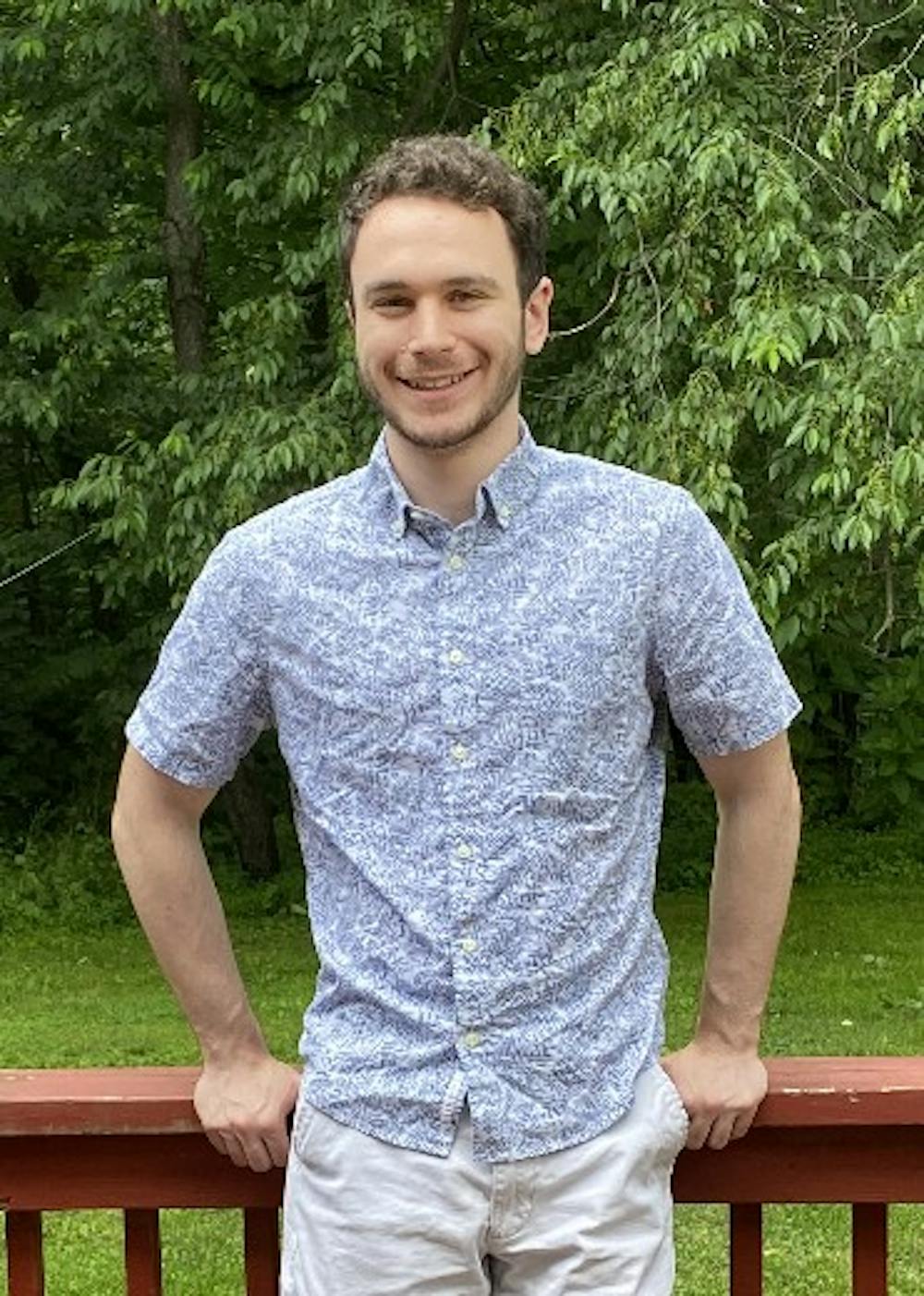This article is an opinion piece and does not necessarily reflect those of The Eagle and its staff.
While education is inherently necessary for its practical utility, what is the true impact of higher education? Should American University and other higher-educational institutions relegate the exploration of knowledge simply to career development, or is there a deeper and necessary aspect to education that seeks to cultivate curiosity, creativity, skepticism and, above all, critical thinking in the individual?
These values make up the foundation upon which many medieval European universities were first established, influenced by economic circumstances, as well as the schools of classical antiquity in Athens and Rome from which the term ‘classical studies’ originates. These institutions sought to discover truth for the sake of truth and pursue knowledge because of the value of knowing. In Plato’s Apology, Socrates states that “the life which is unexamined is not worth living,” indicating that the pursuit of knowledge in its own right is invariably interlinked with the pursuit of humanity. This legacy of humanistic inquiry through art, literature, language, history and philosophy constitutes the essence of modern classical studies, which seeks to cultivate critical thinking and dialogue as a form of educational empowerment.
However, in contemporary times, many American universities have decided to stray from the humanistic roots of education. As of this year, Howard University, the only historically Black college or university (HBCU) in America with a department in classical studies, decided to end its program, despite its existence since the school’s inception. Citing educational prioritization and university resources, Howard University joins the fray of countless other American colleges and universities who have divested liberal arts and humanities programs over the course of the last several decades. Institutions such as the University of Vermont, University of Kansas, Elmira College, Guilford College and many others have systematically gutted programs in liberal arts and classics education with the veneer of “prioritization,” stifling formerly successful and worthwhile academic programs. The introduction of Howard University to the list of schools disinterested in cultivating humanistic inquiry creates a disturbing image for the future of higher education in America.
So why are the classics worth saving? Are we not simply expelling dispensary knowledge from the university system in order to pursue an education that will be practical for young people in the workforce? Furthermore, aren’t programs such as the ‘classics’ fundamentally alienating for non-Western students and considered too esoteric to be egalitarian?
To claim that the classics are not worth saving is to deny that learning is valuable in and of itself. Certainly knowledge is needed to produce money, to create entertainment, to erect roads and bridges, to govern,and to continue the basic functions of modern society. But what is the purpose of learning how to live if we do not also explore how we ought to live? Practical knowledge and humanistic knowledge are key components of one another if we are to create a generation of truly well rounded people. The conquest of the entire enterprise of higher education into practical application can only have detrimental effects on the future development of society.
Beyond the fact that education in the humanities is key to understanding individual human purpose, the criticisms of classical learning as a perpetuation of the Western crimes of racialization and elitism are entirely unfounded. In fact, the opposite has consistently occurred historically — countless movements and leaders of social justice were inspired by the classical literary canon. Particularly for African American freedom movements in the United States, classical thought inspired leaders such as Frederick Douglass, Malcolm X, Martin Luther King Jr., Huey Newton and W.E.B. Du Bois. This is because the Western canon, more than anything, is a cultural and historical conversation about humanity- one that becomes enriched with the contributions of each new generation, culture,and civilization that interacts with it.
The modern humanities combine the stories of Homer and the knowledge of Plato with the literature of Mary Shelly and the soaring revelations of Martin Luther King Jr. The study of modern humanities is therefore inclusive, rather than exclusive, expansive rather than narrow, and a fertile field for tolerance and social change. Remember that our founding fathers themselves were steeped in the classical tradition, reaching back to ancient Rome and Greece, as they led the American colonies to shake off the shackles of monarchical tyranny.
The classics are an inherent and foundational component in the study of the humanities. And the intercultural dialogue that this study creates fosters in us an individual responsibility toward one another and a desire to learn for learning’s sake. I can think of nothing more liberating or egalitarian than the pursuit of knowledge for the purpose of human development. Classics studies as well as great books programs, such as the Lincoln Scholars program at American University, allow the individual to learn for the sake of learning in addition to gaining the practical education one needs in order to succeed in later careers. Moral and intellectual development, furthermore, are crucial components of education that bring the individual closer to the answer of what it means to be human, lifting them above what W.E.B. Du Bois described as the “veil” of oppression and out of what Socrates characterized as the “cave” of ignorance. And so, in the pursuit of true learning, I ask AU and all other institutions of higher education throughout the country to preserve this human community influenced by the classics.
Joshua Cotlar is a sophomore in the School of Public Affairs.





